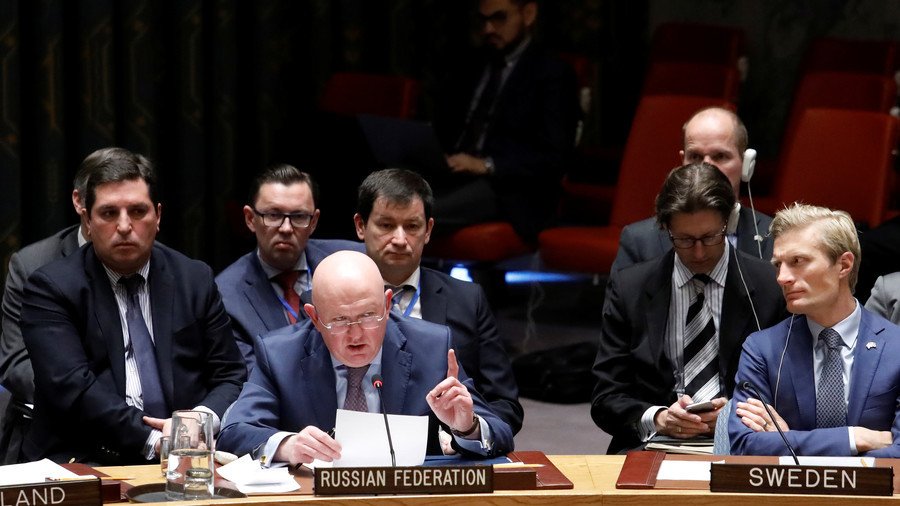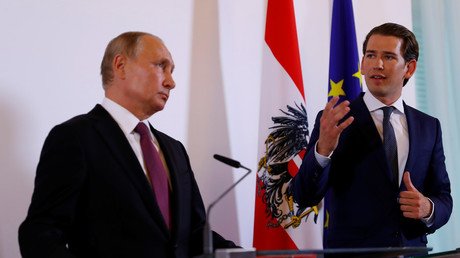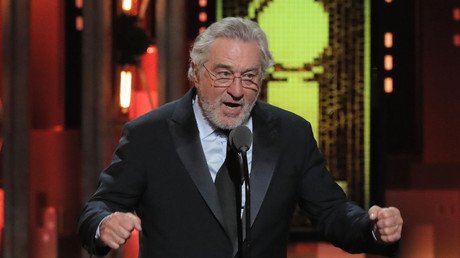‘Difficult if not impossible to solve crises without Russia’ – Italian PM to NATO chief

Moscow is essential to resolving deadlocks in ongoing international crises, Italy’s new Prime Minister Giuseppe Conte insists. He called for Western countries to seek dialogue with Russia instead of turning a cold shoulder.
“Without the involvement of Russia it’s difficult, if not impossible” to find “the only realistic and long-lasting” solutions to world crises, Conte said during a press conference with the NATO Secretary General Jens Stoltenberg. He endorsed NATO’s so-called ‘double-track approach’ to Moscow – mixing defense posturing and maintaining dialogue.
READ MORE: US issues more anti-Russia sanctions related to alleged cyber activity
Noting that Russia plays “an essential role” in world affairs, the Italian Prime Minister called on the bloc’s members to engage in “more effective” talks with Moscow in order to avoid misunderstandings and “dangerous escalation”.
Conte, sworn in office on June 1, leads a government composed of two anti-establishment parties, Lega Nord and the Five-Star Movement, known for advocating better ties with Russia and abandoning the sanctions policy.
A demand to lift the sanctions on Moscow is a part of the political pact between the two, and the PM himself called for a review of the sanctions system during his inaugural address to the national parliament last week.
Italy isn’t the only European nation who doesn’t always fall in line with NATO’s collective stance on measures against Russia. Austria, not a member of the alliance but a recognized partner, has also been called for improving dialogue with Moscow.
Notably, during the fallout of the ‘Skripal case’, Vienna, unlike many other states in Europe, opted not to expel Russian diplomats. “We can develop the role of a bridge between nations,” Austrian Prime Minister Sebastian Kurz said in April, explaining his decision not do downgrade diplomatic relations with Moscow.
Former Russian double agent Sergei Skripal and his daughter Yulia were poisoned in March with a substance believed to be a military-grade nerve agent in the British town of Salisbury. Both have since then recovered and were discharged from hospital.
Experts from the Organization for the Prohibition of Chemical Weapons and the UK’s Defence Science and Technology Laboratory at Porton Down couldn’t identify the source of the agent, but the British government blames Russia. Moscow vehemently denies the claim.
Think your friends would be interested? Share this story!















